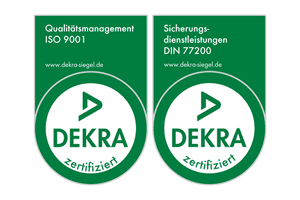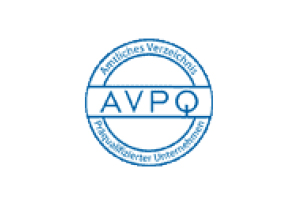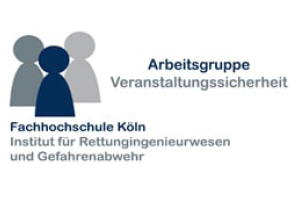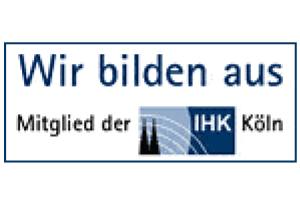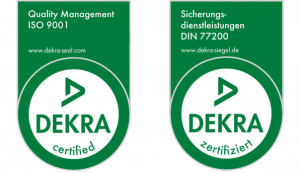Before companies can even participate in tenders, they must register with various tender databases. These include platforms such as “Vergabe NRW”, “Deutsches Vergabeportal” (DTVP for short) or “Infodienst Ausschreibungen”. Since some databases charge fees for registration, initial costs are already incurred here. Registration is followed by research: Which tenders are suitable, which projects fit the company? Some databases facilitate this work with a notification function and inform potential bidders about relevant new entries.
The application process
Once a suitable contract has been found, interested companies confirm their participation in the tender and can then access the relevant documents. Bidders now have the opportunity to ask questions and clear up any misunderstandings. These so-called bidder questions and the resulting findings are shared with all competitors to ensure that no competitive advantages are created.
After reviewing the documents and the specifications contained therein, a decision can then be made as to whether an application is eligible and whether it is feasible to carry out the project if the contract is awarded. It is particularly important here to observe the qualification requirements, such as Din 77200, which is a special standard in the security industry for quality assurance. When the decision to participate is made, the next step is to process the tender documents. This includes the presentation of the company and the proof of experience through references of already performed services in the field of activity. Official documents such as clearance certificates or excerpts from the commercial register and certificates of good conduct must also be submitted. It is not uncommon for clients to request a description of the content structure, such as personnel deployment concepts, sustainability descriptions or photos of the service clothing.
Submission of the proposal
The documents are available and the bid is submitted to the client or the awarding authority. In most cases, the documents are sent electronically via the procurement management system. Some databases also offer this service and the bid can be uploaded there directly.
After the bid has been submitted, the waiting begins. Within the bid deadline, all details are checked and possible queries are clarified. The submitted bids are evaluated on a percentage basis according to previously defined award criteria (for example 50% price, 25% company structure and 25% experience in the service field). Once the bidding process is completed, the contract is awarded to one of the participating companies. Of course, we are very pleased when the preliminary work pays off, we were able to convince with our offer, prevailed against other bidders and are allowed to execute the contract.
Our Conclusion
Tenders have advantages and disadvantages for both sides. Public, commercial and private clients benefit from obtaining suitable and economically attractive bids and comparing applicants in depth on the basis of their suitability and not just the bid price.
For us as a bidding company, new partnerships and cooperations are opened up – often beyond the national borders. Nevertheless, it should be said that the effort and costs involved in a bidding process are often high, but the result initially remains uncertain.
Stay healthy!
#TeamRAD


